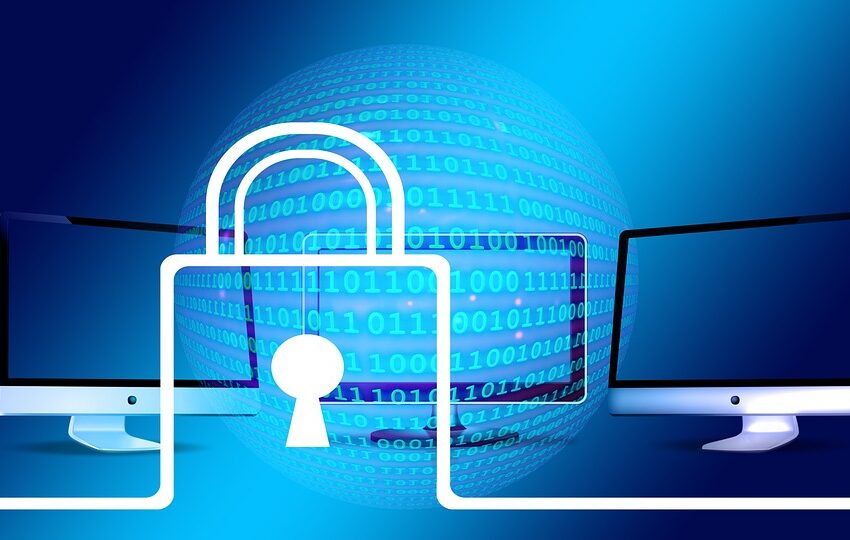The Dangers of Cyberattacks: How to Safeguard Your Personal Information

In today’s digital age, the threat of cyberattacks is ever-present and growing. With more and more of our personal information stored and shared online, the risks of identity theft, data breaches, and other cybercrimes are on the rise. It’s crucial for individuals to take steps to safeguard their personal information and protect themselves from the dangers of cyberattacks.
One of the most common types of cyberattacks is phishing, where attackers use fraudulent emails or messages to trick individuals into giving away their personal information, such as passwords, credit card numbers, or social security numbers. These phishing attacks can be very convincing and difficult to spot, so it’s important to be vigilant and cautious when opening emails or clicking on links.
Another common cyberattack is malware, which can infect your computer or device and steal your personal information. Malware can be spread through malicious websites, emails, or downloads, so it’s important to have strong antivirus software installed on your device and to regularly update it to protect against the latest threats.
Ransomware is another growing threat, where attackers encrypt your files and demand a ransom to unlock them. To protect yourself from ransomware attacks, it’s important to regularly back up your files and store them in a secure, offsite location. This way, if your files are encrypted by ransomware, you can restore them from your backup without having to pay the ransom.
To safeguard your personal information from cyberattacks, it’s important to follow some best practices:
1. Use strong, unique passwords for each of your online accounts and change them regularly.
2. Enable two-factor authentication on your accounts for an extra layer of security.
3. Be cautious when opening emails or messages from unknown senders, and avoid clicking on suspicious links or attachments.
4. Keep your software and operating systems up to date to protect against the latest security vulnerabilities.
5. Use a secure internet connection, such as a VPN, when accessing sensitive information online.
6. Monitor your financial accounts regularly for any suspicious activity.
7. Consider using a password manager to securely store and manage your passwords.
By following these tips and being aware of the potential dangers of cyberattacks, you can better safeguard your personal information and protect yourself from becoming a victim of cybercrime. Remember that prevention is key when it comes to cybersecurity, so take proactive steps to protect yourself and stay safe online.






